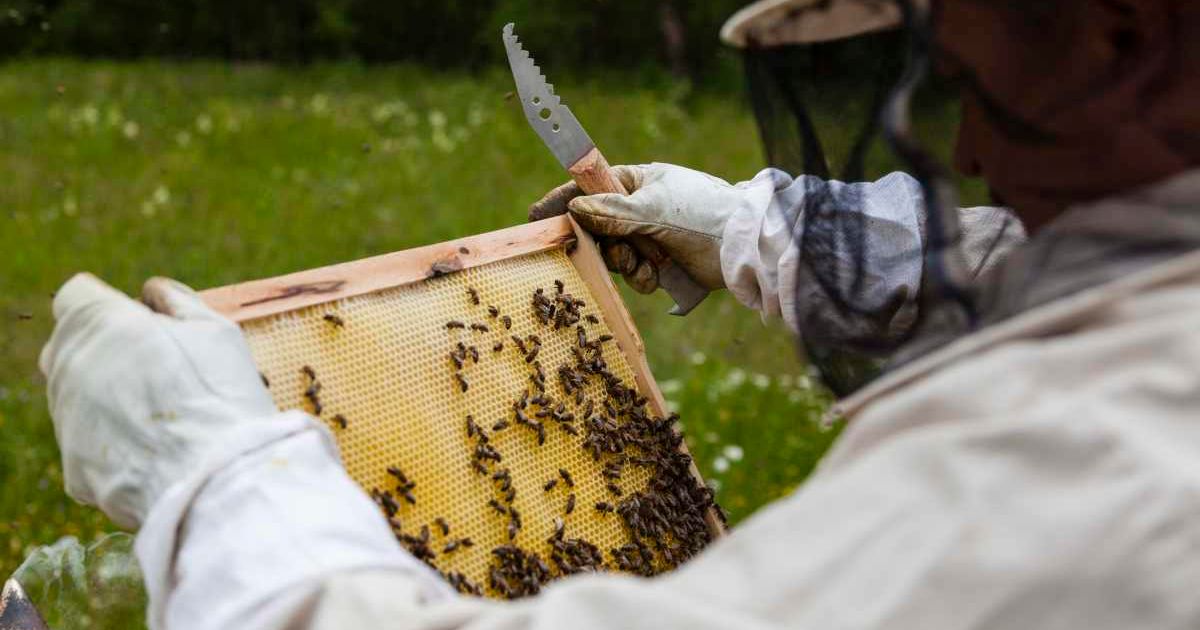
Experts believe the rapid decline in their population is driven by several natural and human-made threats.

The drug could protect bees from American foulbrood, a bacteria that can devastate entire colonies.

While the EU previously banned neonicotinoids — insecticides that target the central nervous system — in 2018, many other pesticides still pose a serious threat to Europe’s bee population.

As the world’s bee populations continue to decline, a province in Holland is taking steps to give these pollinators new ecosystems is transforming over 300 bus stops into green hubs.

The Canadian government’ has agreed to impose constraints on the crop chemicals, slowly phasing out their use over the next three to five years.

Neonicotinoids, the world’s most widely used insecticides, will be banned for use in fields within six months.

Neonicotinoids, the chemicals commonly found in pesticides, have been linked to colony collapse in bee populations.